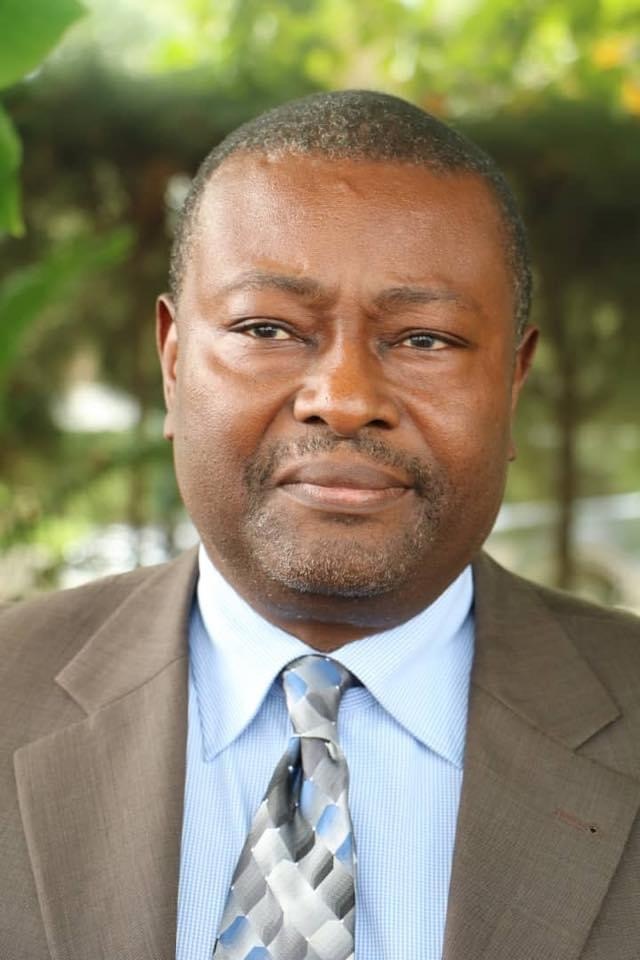NHRC Receives 216 Complaints From Rural Females In 2021

National Human Rights Commission Chairman
By Buba Gagigo
The National Human Rights Commission (NHRC) revealed that 216 of the complaints it received in 2021 came from rural females.
“An additional two hundred and fifty-nine (259) complaints, of which two hundred and sixteen (216) were from female complainants, were received from a Legal Mobile Aid Clinic organised in rural communities,” the just released National Human Rights Commission 2021 State Of Human Rights Report stated.
In the year under review, the report initially revealed that the commission had received 41 complaints of alleged rights violations, and 14 of the complaints were against law enforcement agencies; but 24 of the cases were resolved.
“In 2021, the Commission received a total of forty-one (41) complaints of alleged human rights violations, of which fourteen (14) were against law enforcement agencies namely the Gambia Police Force, National Drug Law Enforcement Agency, and the Gambia Immigration Department. Out of this total number, twenty-four (24) complaints were resolved,” it stated.
On human rights monitoring, the NHRC informed that it monitored the entire phases of the 2021 Presidential elections from the voter registration, to nominations, to the campaigns, and the voting.
“Sixty-seven (67) voter registration centres and sixty-nine (69) polling stations were monitored. The election monitoring activities were guided by standard checklists developed in accordance with international human rights standards,” the NHRC said.
The Report presented an overview of the state of human rights in The Gambia in 2021 and examined how fundamental human rights and freedoms have been respected by both State and non-State actors, the compatibility of domestic legislation with human rights standards and the State’s obligations under ratified regional and international human rights instruments.
The document identified some of the obstacles barring the enjoyment of human rights and provided recommendations that the State, as the primary duty bearer, can implement to better guarantee fundamental human rights and freedoms and strengthen the rule of law, good governance, accountability, transparency, and due process.
The specific human rights issues captured in the report include unlawful detention, the right to political participation, restrictive media laws, denial, or rejection of permits for assembly, discrimination based on “caste,” stigma and discrimination based on COVID-19, and trafficking in persons, among others.
The NHRC is a permanent independent body whose functions include the promotion and protection of human rights; monitoring, receiving, investigating, and considering complaints of human rights violations; recommending appropriate remedial action to the Government; seeking appropriate redress on behalf of victims; increasing public awareness and education programs to promote a culture of human rights in The Gambia and assisting the Government in the formulation of appropriate policies to guarantee human rights.


Comments are closed.